Children usually start teething at around six months. This can be a stressful time, but all babies go through this and it will pass. Until it does, here are some tips to help.
When do children start teething?
Children generally start teething between 6 and 8 months, but it can start earlier or later than this. Children’s teeth start to develop before they’re born, and it’s not unusual for babies to be born with one or more teeth! On the other hand, some babies may not start teething until they’re one year old. There are no hard and fast rules – all babies are different.
What are the signs that my baby is teething?
You may spot the first signs of teething at around three months. These signs include:
- dribbling more than usual
- red cheeks
- sore red gums
- loss of appetite
- irritability
- disturbed sleep
- restlessness
- rubbing their ears
- a mild temperature
- increased biting and chewing on their toys – or you!
These signs usually start around 3-5 days before the tooth starts to appear.
Bear in mind that symptoms like a runny nose, high temperature, vomiting or diarrhoea aren’t usually signs of teething, so talk to your GP or call NHS 111 if your child is showing any of these symptoms.
How long does teething pain last?
Teething normally starts from 6 months and ends when the second molars come in at around 2 -3 years. Some babies sail through the teething phase and are showing off their first teeth before you know it. Some babies may be restless for a day or two until a tooth comes through. For others it can be an uncomfortable time, upsetting for both you and your baby. Some teeth may come in with little difficulty where others may cause irritation.
Top tips for helping with teething
Not surprisingly, teething can be painful. Sore gums can make babies grumpy, and may keep them awake at night. Here are some tips that can help to soothe them. Different things work for different babies, so try a few ideas to see what makes your wee one happier.
Tip #1: Gentle gum massage
If teething is making your baby upset, try gently massaging their gums with a clean finger or a small, soft toothbrush. This will help soothe the pain. Your baby may like chewing on a soft toothbrush too, but make sure you always keep an eye on them when they’re doing this.
Tip #2: Cold teething ring
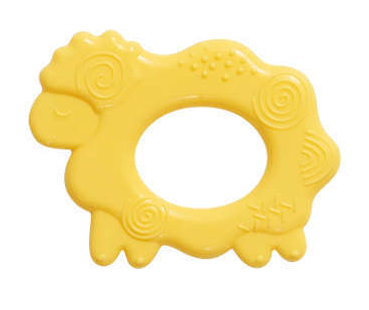
Chewing on a solid teething ring can also be soothing – there’s one in the Baby Box that you can use. Try keeping it in the fridge (not the freezer!) as it will be even more soothing if it’s cold. You could also try cooling a soft cloth comforter in the fridge for them to chew on. Make sure you keep an eye on your baby while they’re biting on teething rings or comforters.
Tip #3: Deal with dribbling
Teething can cause your baby to dribble more than usual. This can irritate their chin, neck and chest, making them dry, chapped and sore. Try to keep their skin as dry as possible. Change their bibs regularly and change them out of any wet clothing. You could also try using a simple barrier cream to keep the skin soft and smooth – ask your pharmacist what they recommend.
Tip #4: Cold food
If your baby is over 6 months, they may find cold foods like plain yoghurt soothing (just watch out the yoghurt doesn’t contain sugar). If they’ve started chewing, you could try giving them cold fruit and veg to gnaw on, like pieces of cucumber, carrot, apple or banana. This page on what your baby can eat tells you which foods you can introduce and when. Take care in how you prepare small pieces of food for your baby to avoid choking and always stay close while your baby's eating. Our page on choking has more advice.
Tip #5: Weaning spoon
Your baby may find sucking or chewing on a weaning spoon comforting. Again, you could put it in the fridge to cool it down.
Tip #6: Cuddle time
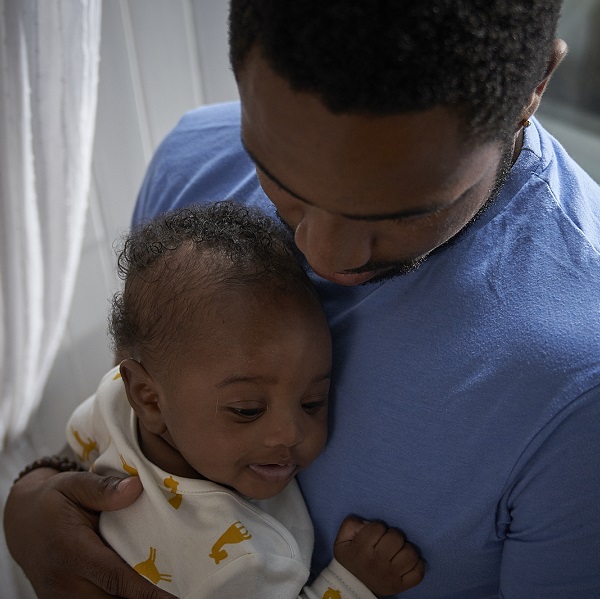
Sometimes the best cure for teething is a lovely comforting cuddle. Rocking your wee one gently in your arms can help calm you both down.
Tip #7: Distract them
If they’re grumpy, singing, playing or reading together can distract them from the discomfort. Here are some ideas for games you can play.
What about a teething gel?
New advice recommends that you shouldn’t use teething gels. If you’ve tried the tips above and nothing seems to help, please ask your health visitor or talk to your pharmacist.
My baby has stopped eating now they’re teething, should I be worried?
If this happens it’s best to discuss this with your health visitor or GP or call NHS 24 on 111, as teething shouldn’t make your baby stop eating. Make sure your baby always drinks enough milk or water to stay hydrated. Babies under 6 months should only have milk, and children under one should only have milk or water.
Should I stop breastfeeding when my child starts teething?
There’s no need to stop breastfeeding once your baby starts teething. When babies are attached to the breast the tongue covers the bottom gum so they can’t bite while they’re actively feeding. If your baby starts to bite, use your clean finger to break suction quickly, then give them a cuddle and offer them a cold teether.
How do I look after my child's first teeth?
It’s very important to look after your child’s first teeth. It’s a good idea to register them with a dentist as soon as their first tooth appears (or before, if you’re really organised). This is also the time to start brushing twice a day: last thing at night and at least once during the day – our toothbrushing tips can help if this doesn’t go down too well. Our page on looking after your child’s teeth has more advice. For more information on keeping your children’s teeth healthy, visit the Childsmile website.
 Activities & Play
Activities & Play Behaviour
Behaviour Childcare
Childcare Development & Growing Up
Development & Growing Up Family, Friends & Relationships
Family, Friends & Relationships Feeding Your Baby
Feeding Your Baby Food & Eating
Food & Eating Health & Safety
Health & Safety Mental Health & Wellbeing
Mental Health & Wellbeing Money & Work
Money & Work Online Behaviour & Safety
Online Behaviour & Safety Pregnancy & First Days
Pregnancy & First Days School & Education
School & Education Sleep
Sleep

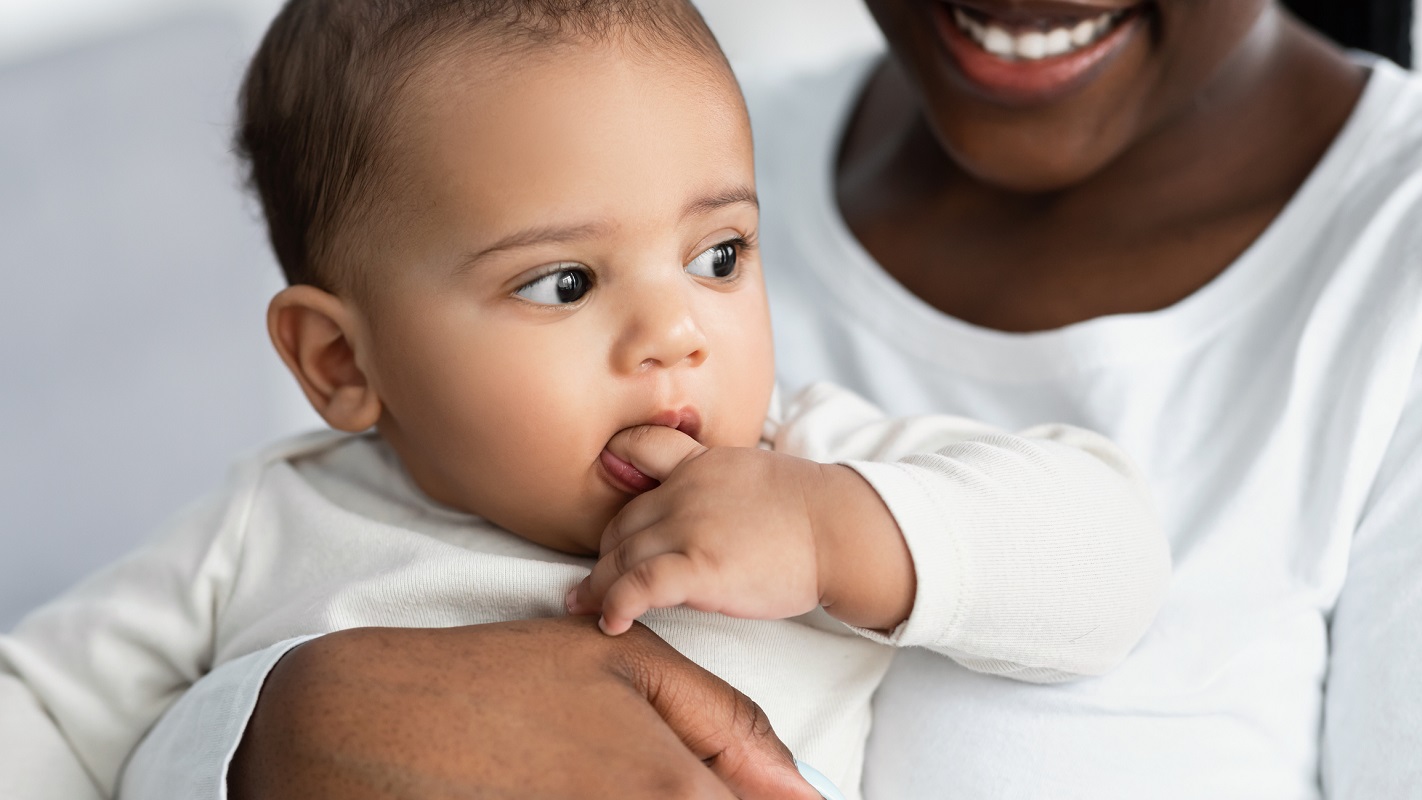
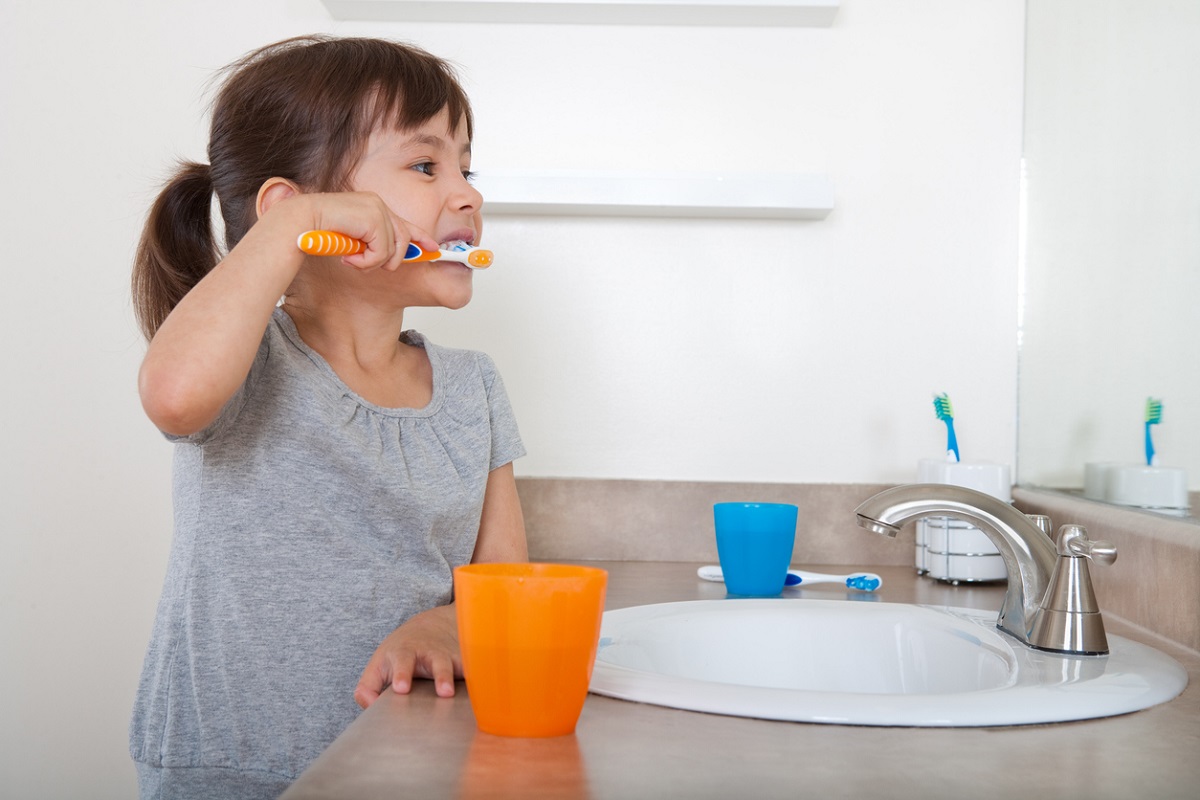
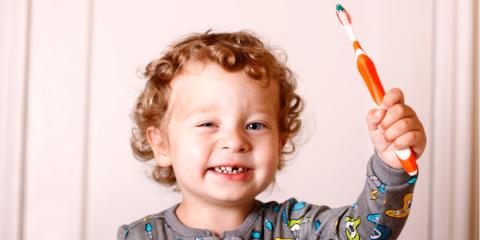
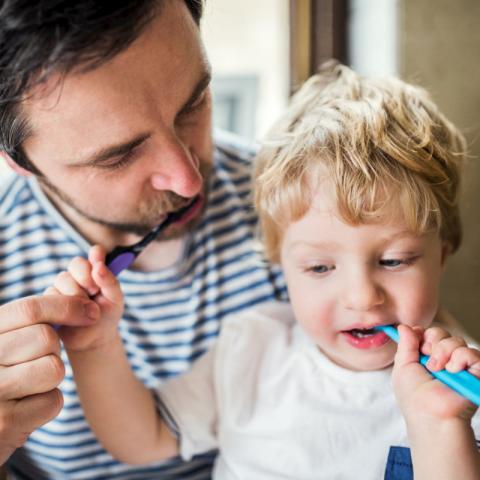
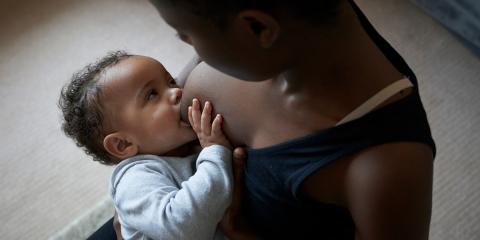
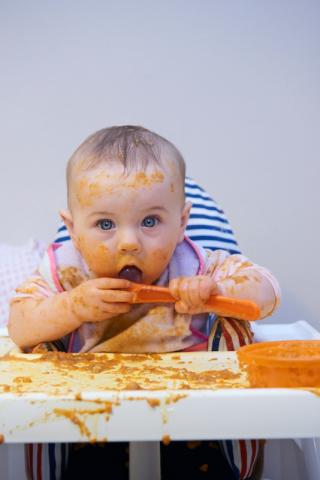
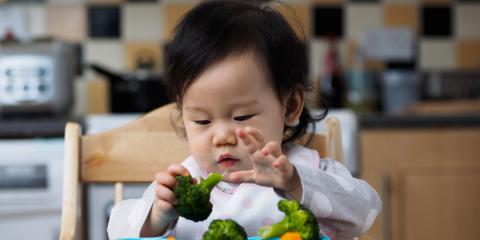
 Mental Health & Wellbeing
Mental Health & Wellbeing
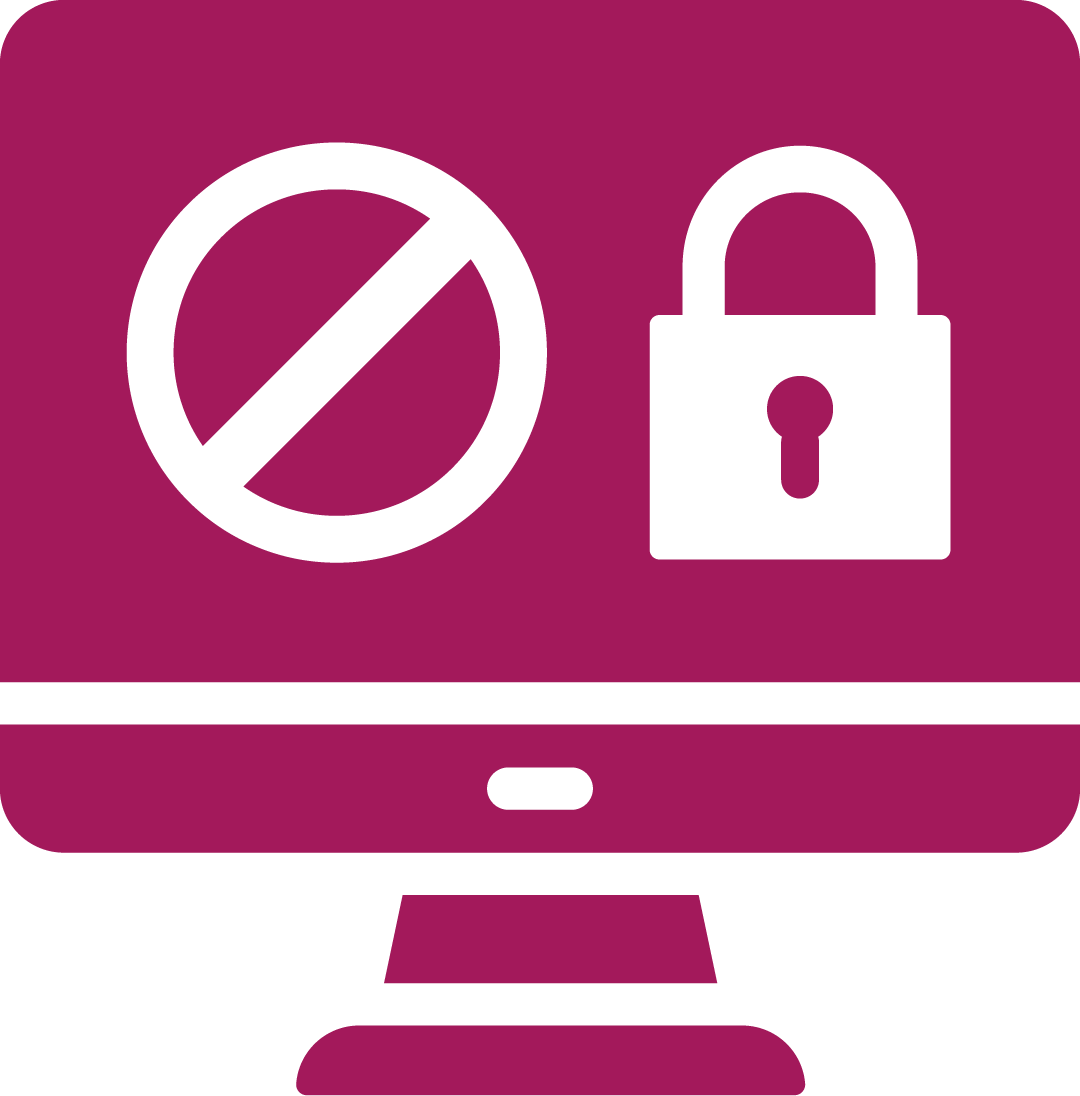 Online Behaviour & Safety
Online Behaviour & Safety